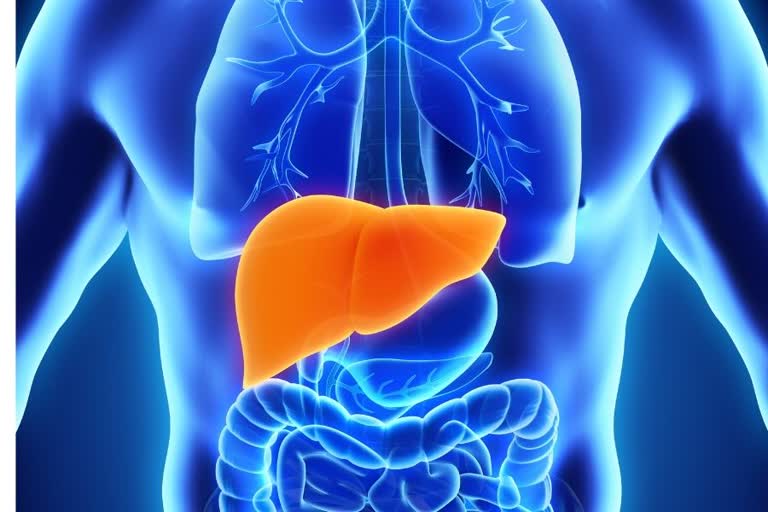The liver is an organ of the digestive system, which in humans is located in the right upper quadrant of the abdomen, below the diaphragm. Its function is to detoxify various metabolites, synthesize proteins and produce biochemicals necessary for digestion and growth.
However, the accumulation of toxins affects its functioning, breaking down fats and producing energy, health experts said.
"Liver is the manufacturing hub of our system, it makes proteins, controls many systems and removes toxins. The liver is the center of metabolism. So when the liver is overwhelmed with toxins, all the metabolic activities get deranged," Dr. Atul N C Peters, Director - Bariatric, Minimal Access and General Surgery at Max Smart Hospital, Saket, told IANS.
When the liver is overburdened and consequently unable to metabolize nutrients and fats properly it slows down metabolism leading to more serious health issues as well as weight gain and lethargy.
"The fat and toxins build up in the liver leading to slow metabolism of the body. Due to which fat also starts depositing in other parts of the body causing weight gain," Dr. Neerav Goyal, Senior Liver Transplant Surgeon, Indraprastha Apollo Hospitals, told IANS.
The experts noted that the liver can get clogged with harmful stuff like alcohol, too much fat in the diet. Further, refined carbohydrates, sugars, oils damaged by high heat and rancid oils all make the liver work overtime to process them through your body.
Excessive alcohol, a sedentary lifestyle andweight gain and even certain chemicals lead to excess fat deposition, causing inflammation of the liver, also known as fatty liver, Goyal said.
